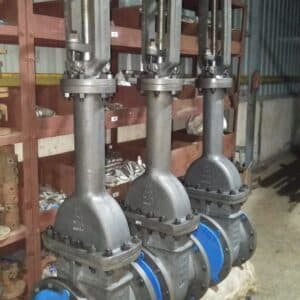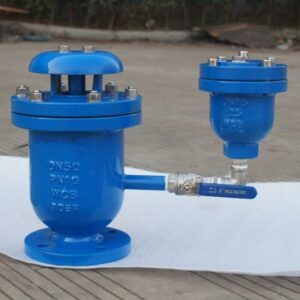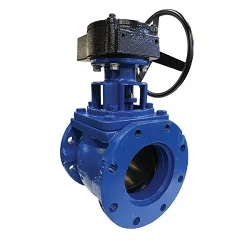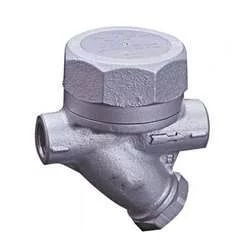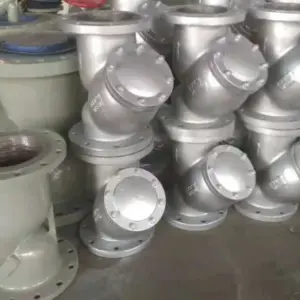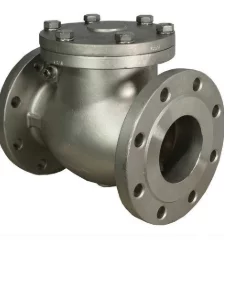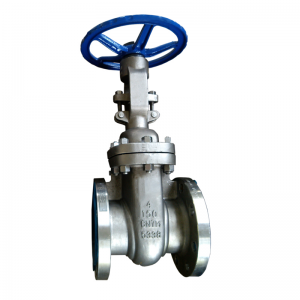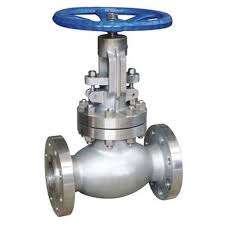Our Shop
Contact us for all your questions and opinions, or you can solve your problems in a shorter time with our contact offices.
F44 Valves
Valvesonly is the leading F44 Valves Manufacturer in USA. F44 valves are actually valves composed of a specified alloy called ASTM F44, which is simply a standard designation for titanium and also for titanium alloys used in so many industrial applications. It usually means that the valve is built using titanium alloy material capable of performing well in rigorous environments.
Working
F44 valves can be either hand operated with handwheels or levers or auto-operated through actuators. The mechanism typically consists of a rotating or sliding element, for instance a ball or gate, which moves in a way to close or open the valve wholly. F44 valves are closed very tight, for a complete seal with no leakage; thus fluid is ensured within the system by the cut sealing surfaces.
Advantages
Reliable Performance
Ease of Fabrication and Installation
Biocompatibility
Versatility
Durability and Longevity
High-Temperature Performance
High Strength-to-Weight Ratio
Outstanding Corrosion Resistance
Industries using
Chemical processing
Petrochemical
Oil and gas
Marine
Components
Valve plug and seat: The valve plug and seat form a sealing pair that controls the flow rate and closes the valve.
Body seals: Prevent fluid leakage between the valve cover and the body.
Valve stem seals: Prevent fluid leakage between the valve stem and the valve body.
Valve stem: Connects the disc to the actuator.
Trim: Made of various materials to withstand different conditions and forces.
Gland nut: Compresses packing material around the stem to prevent leakage.
Inlet port: The passage through which fluid enters the valve.
Outlet port: The passage through which fluid exits the valve.
Valve body: Designed to withstand mechanical stresses, temperature, and pipeline pressure. The inlet and outlet of the valve body connect to the piping system
Showing all 2 results

